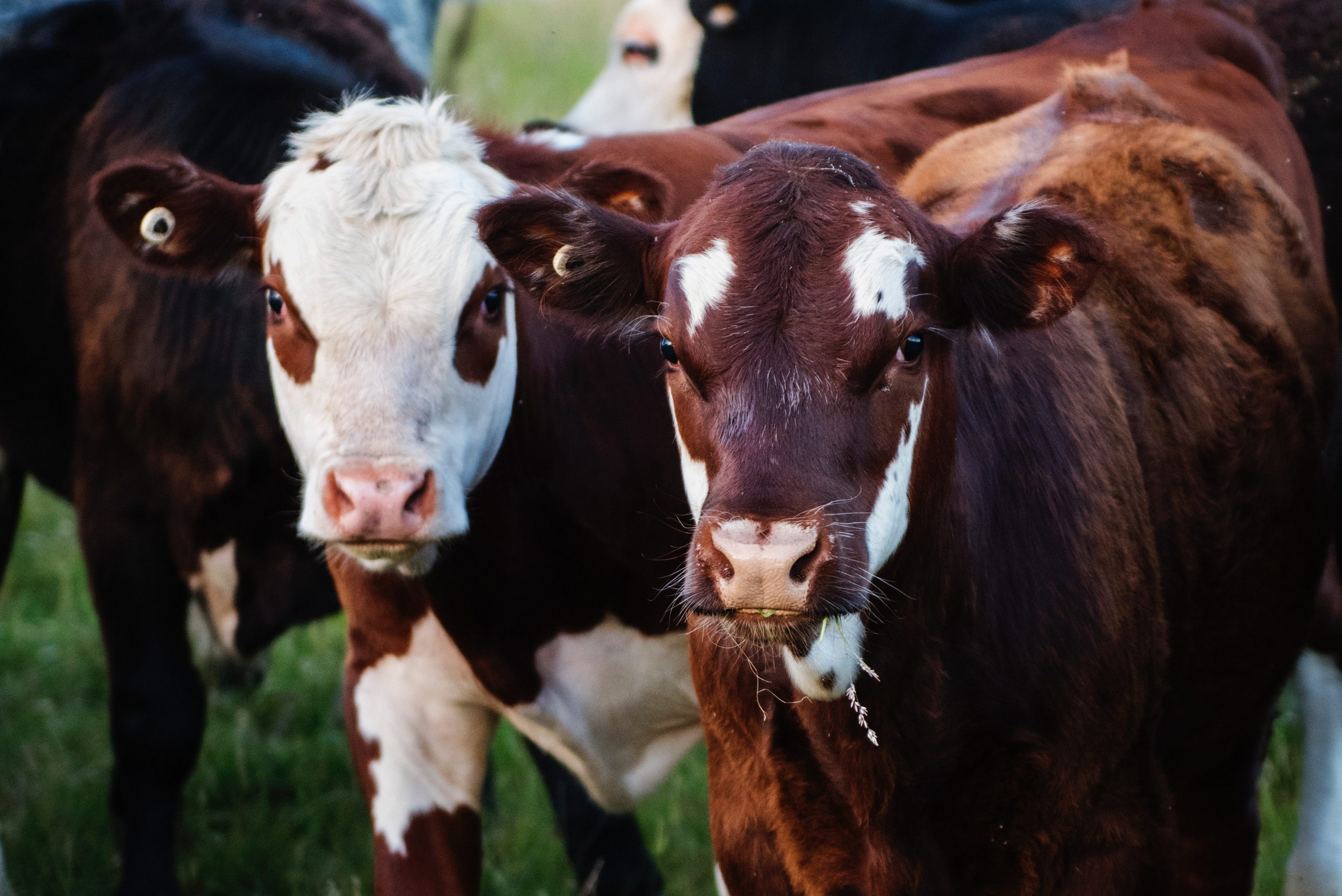The process of making halal meat has been transmitted and refined over the centuries to cater to the needs of Muslims in different times and places.
Bustling markets and grocery stores within Muslim communities globally regularly play host to an array of food items that share one unique quality – they are all ‘halal’.
But what does this term mean, and why does it hold such profound significance for over a billion Muslims around the globe?
At its root, ‘halal’ is an Arabic word that translates to ‘permissible.’
In the context of food, it refers to dietary standards as laid out in the Quran, the holy book in Islam.
Halal meat is meat that has been prepared according to Islamic law, a tradition that stems back to the seventh century – during the time of the Prophet Muhammed.
The Quran explicitly forbids the consumption of dead meat, blood the flesh of swine, and food upon which Allah’s name has not been pronounced at the time of the slaughter. These clear guidelines establish the foundation for halal meat.
Hadiths, or prophetic narrations, further elaborate on these principles which have been passed down through generations and form the basis for the modern halal meat industry.
Over time, scholars, local communities, and individuals have further interpreted these principles, providing Muslims around the world with detailed guidance on what is and isn’t halal.
How halal meat is prepared
The preparations for the meat to be halal and permissible to eat by Muslims are very sacred and require a number of steps, from how to choose the animal to the way of slaughtering the meat.
To be classified as ‘halal’, the meat must meet a specific criteria.
First, the animal must be healthy at the time of slaughter, and it must be slaughtered by a Muslim who invokes the name of God (saying Allahu Akbar) before the act.
Some people also believe that the slaughter must be made in the direction of the Qibla (where the Kaaba is faced) and must be made with a sharp blade to avoid any unnecessary pain to the animal.
Then, the animal’s blood must be fully drained from its veins, as the consumption of blood is prohibited.
These strict guidelines are set forth to ensure the meat’s purity and imbue the act of eating with a sense of sanctity, connecting Muslims to their faith every time they sit down for a meal.
Historically, the concept of halal meat originated from the Hadith and Quran, which set out detailed rules for what is and isn’t permissible for Muslims to eat.
These rules are not merely about following a dietary code, but also a reflection of the Islamic emphasis on cleanliness, animal welfare and mindful consumption. They tie the physical act of eating to spiritual health, thus intertwining the mundane with the divine.
Billion dollar industry
Nowadays, the halal meat industry is a major global enterprise.
As of 2023, it is valued at over $600 billion, catering to Muslims and non-Muslims alike. Not just limited to the Middle East, its reach extends to all corners of the world – from Indonesia, home to the world’s largest Muslim population, to Europe and North America where halal meat is increasingly sought after for its ethical and hygienic slaughtering practices.
Millions of Muslims around the world only consume Halal meat and ensure to look for the “halal” label on any produce. If that is not present, some scholars permit also Kosher meat, since the way of slaughtering and draining of blood is done in a somewhat similar way.
In the Middle East, the halal meat industry is thriving. Its growth can be attributed to a combination of increased awareness about the benefits of halal meat, a growing Muslim population, and a surge in demand for high-quality, ethically sourced food products. Barely any shops don’t offer halal meat around the MENA and GCC regions.
However, as the industry expands, so do the challenges.
Meeting the global demand while maintaining the strict standards of halal is a daunting task. In response, many countries have established halal certification bodies to ensure compliance with Islamic dietary laws.
In addition, advancements in technology, such as blockchain, are being utilised to ensure transparency and traceability in the halal supply chain.
Despite the challenges, the halal meat industry’s future appears robust.
Its growth is a testament to the enduring relevance of a dietary practice rooted in seventh century Islamic teachings.
For Muslims around the world, halal meat is more than just a meal – it’s a tangible connection to their faith and a way to live out its teachings daily.
From Doha’s gleaming supermarkets to the street markets of Jakarta, halal meat remains a symbol of a tradition that spans centuries and continents.







